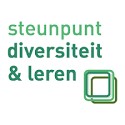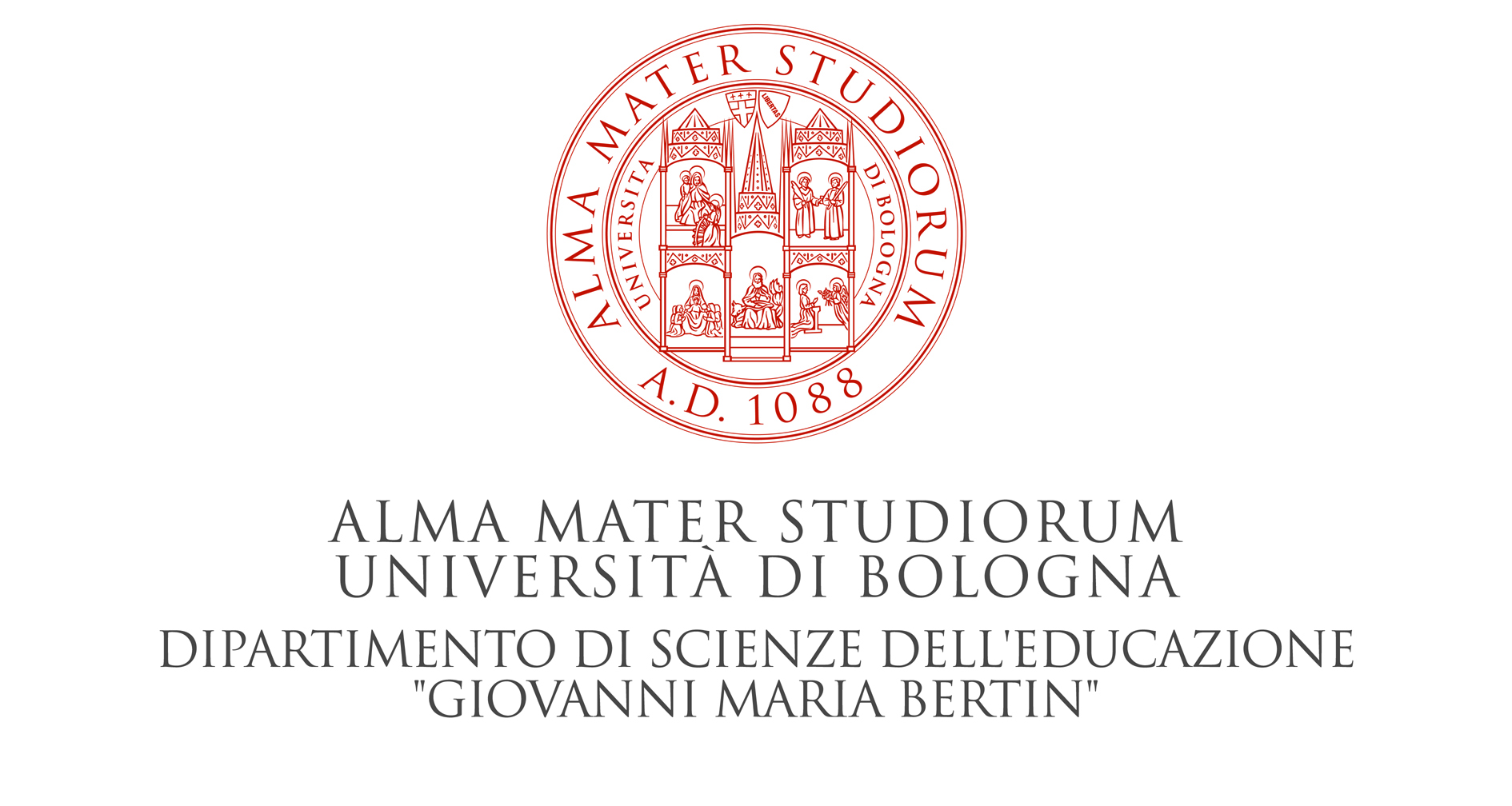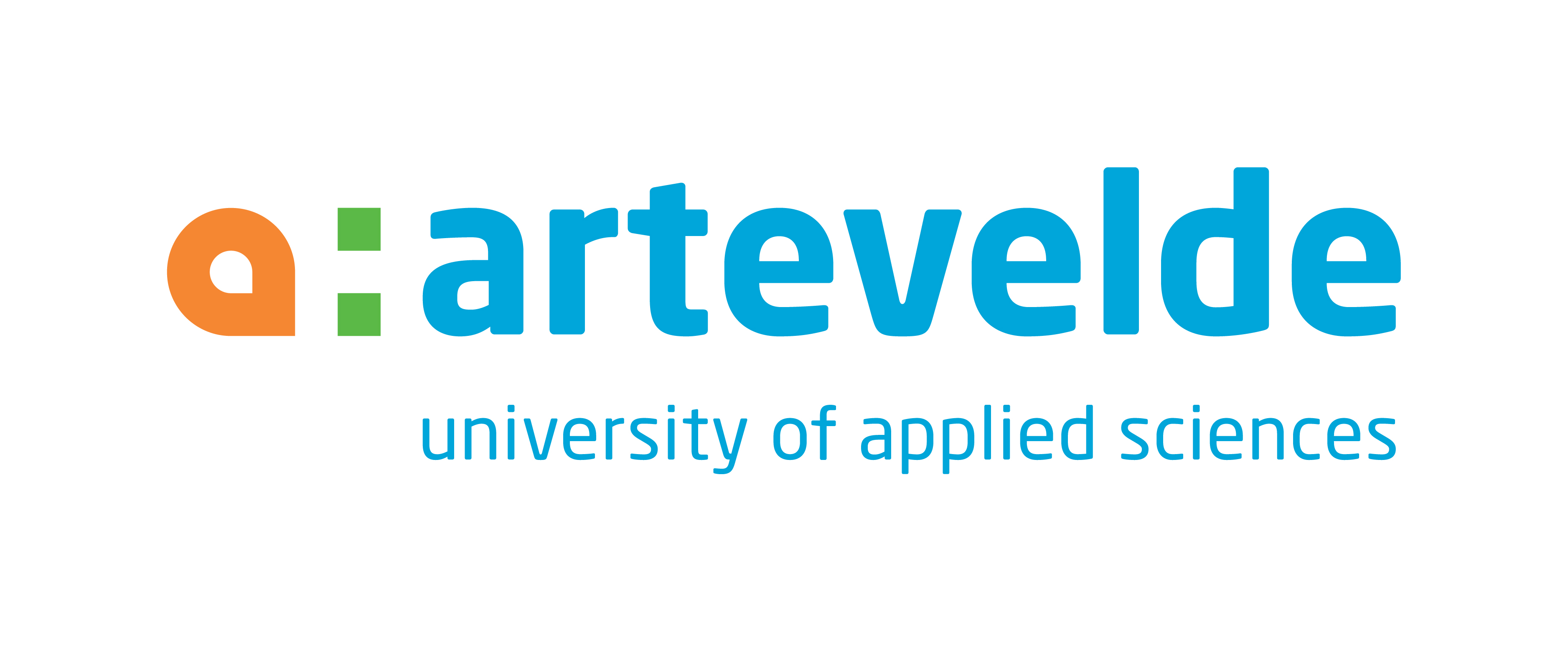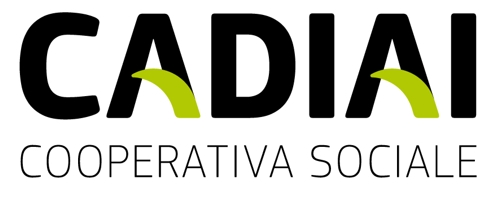Project objectives
There is robust evidence that ECEC can make a substantial contribution to cognitive, social and emotional development (Burger,2010; Melhuish,2011; Lazzari&Vandenbroeck,2012). Children from families that do not comply with middle-class ideals, are more likely to begin education without ECEC experiences. The disadvantaged children have had fewer chances to learn how to deal with the large numbers of implicit rules that reign group care.
The main project goals are:
- to explore which aspects of daily practices contribute to reinforce inequalities in children learning processes in order to analyse these by engaging with practitioners in reflective processes (CPD)
- the improvement of pratictioners’ practices
- to the increase of overall quality of ECEC provisions.
Consequently, a more dialogical approach is necessary. In the micro-processes of exclusion and detachment, interaction is extremely important. Competences like empathy, communication skills, open mind, positive attitude, and evident effort are frequently mentioned by parents when they are asked to name elements that can help tackle exclusion. There is empirical evidence that there is less interaction in ECEC settings with children from deprived families than with middle class children. That means that the perceptions of ECEC professionals / (future) teachers are to be taken as a starting point.
We distinguish 3 target groups in our project: ECEC professionals, students in teacher training institutes and ECEC institutions and their trainers/educators in general.
The 3 different project’s phases will be focused on each target group.
1. First phase: we will work intensively with ECEC professionals in their own contexts and daily interactions with children, by means of the video coaching technique, in different sessions. During this phase we will develop an experimental toolbox.
2. Second phase: the development of the final toolbox will be started testing it involving the students guided by their lecturers
3. Third and last phase: we will organize 'train the trainer' sessions, to promote and disseminate the final toolbox. Each country makes his own toolbox based on common starting points, objectives and pedagogical principles, which will be translated into English to get a wider audience in Europe (and outside).
The developed toolbox will contain all the necessary content concerning ECEC and poverty, diversity, a.s.o. It will contain experiences from the ECEC professionals, the students, the lecturers from the first two phases, manuals, guidelines, tips and tricks. If possible, we will add video footage into the toolbox.





